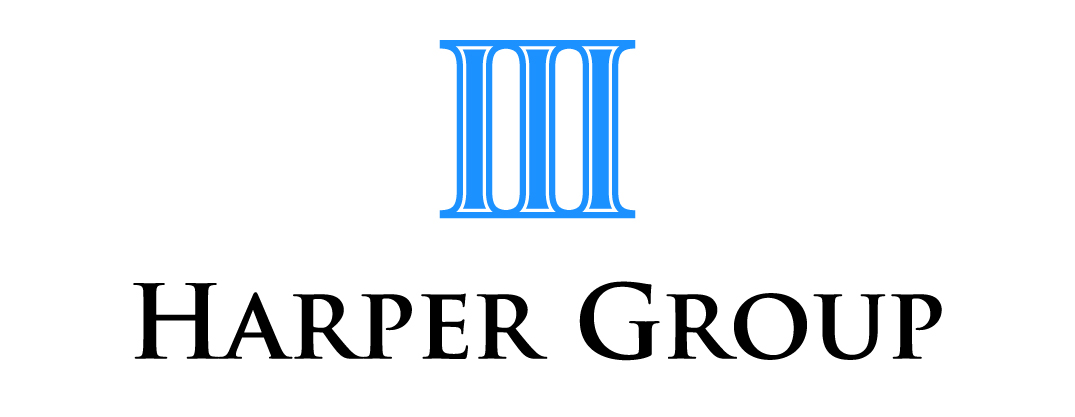New work from home record keeping requirements.
Are you one of the five million Australians who claim work from home deductions? If so, stricter record-keeping rules may now apply.
For this financial year and moving forward, there are now only two methods to calculate your work from home claim:
Revised fixed rate method (with new rules applying)
Actual costs method (unchanged).
The actual costs method has never been all that popular because you need to keep records of every expense incurred and depreciating asset purchased, as well as evidence to show the work-related use of the expenses and depreciating assets. By way of example, to claim electricity expenses, the ATO suggests that you need to find out the cost per unit of power used, the average amount of units used per hour (power consumption per kilowatt hour for each appliance) and the number of hours the appliance was used for work-related purposes.
For this reason, the fixed rate method has been preferred (or in recent years the COVID shortcut method where you could simply claim 80 cents for each hour worked from home. Note, however, that the COVID-method is no longer available).
The fixed rate method has now been revised. The revised fixed-rate method increases your claim from 52 cents to 67 cents per-hour. However, this rate now includes internet, phone, stationery and computer consumables. Therefore, you can’t claim these expenses separately in addition to your home office fixed-rate deduction. Cleaning expenses and depreciation on office furniture are no longer included in the fixed rate. Therefore, you can now claim these expenses separately.
The record-keeping requirements under the revised fix rate method are now more onerous, also. You now need to keep a record of actual hours worked from home. The ATO will accept a record in any form, but it suggests either: timesheets, rosters, logs of time spent accessing systems, time-tracking apps, or a diary. The ATO will no longer accept estimates, or a four-week representative diary.
This new, strict record-keeping requirement applies from 1 March 2023. For the period before it (1 July 2022 to 28 February 2023) the ATO will accept a four-week representative diary.
Further, under the revised fixed rate method, you will now also need to provide at least one document for each type of expense to demonstrate that you actually incurred that expense. For example, if you receive electricity bills quarterly, you will need to keep one of those quarterly bills as a record to represent that year’s electricity expenses.
If you have any questions around these stricter rules, and how they may impact you, reach out to us.
Harper Group Pty Ltd – Chartered Accountants Frankston - Ph 9770 1547
Disclaimer: All information provided in this article is of a general nature only and is not personal financial or investment advice. Also, changes in legislation may occur frequently. We recommend that our formal advice be obtained before acting on the basis of this information.
Please note we at Harper Group Pty Ltd are not licensed to provide financial product advice under the Corporations Act 2001 (Cth) and taxation is only one of the matters that must be considered when making a decision on a financial product, including on whether to make superannuation contributions. You should consider taking advice from the holder of an Australian financial services licence before making a decision on a financial product.
